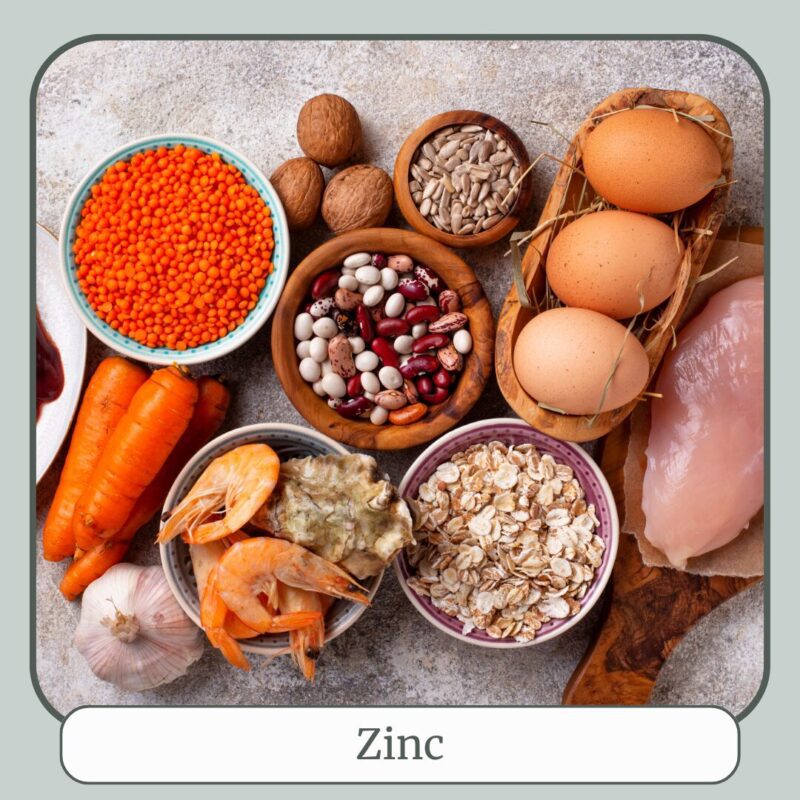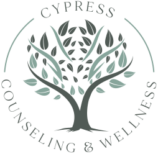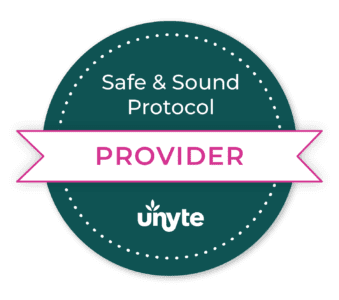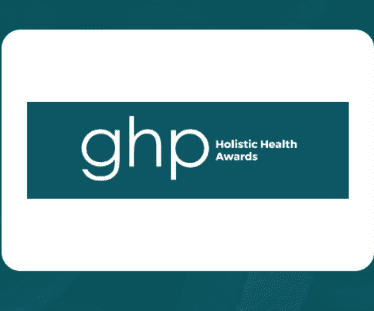Table of Contents
The Essentials: Zinc and Mental Health Benefits
Zinc is a critical trace mineral involved in various biological processes, including immune function, DNA synthesis, and cell division. However, it also plays a vital role in brain health by supporting neurotransmitter functions such as serotonin and dopamine, which regulate mood and cognitive performance. Zinc helps protect the blood-brain barrier, shielding the brain from toxins and oxidative stress, and it is essential for maintaining cognitive function and emotional well-being.
Despite its small required intake, zinc has a significant impact on mental health. It helps manage the body’s stress response, improves cognitive function, and acts as an antioxidant to protect brain cells from damage. Low zinc levels are linked to cognitive decline, mood swings, and depression, making it a key nutrient for both mental clarity and emotional stability. Ensuring you get enough zinc through diet or supplements can significantly improve your mental well-being and brain function.
The Nutrient in Action: Zinc and Brain Health
1. Cognitive Function and Memory
Zinc is critical for cognitive function and memory retention. It supports synaptic plasticity, which helps the brain form and maintain new connections—crucial for learning. Zinc deficiency is associated with cognitive decline, especially in older adults, leading to memory lapses and difficulty concentrating. Research shows that adequate zinc intake helps protect against cognitive disorders such as Alzheimer’s disease and dementia.
2. Mood Regulation and Depression
Zinc is a powerful player in mood regulation. Low zinc levels are consistently linked with an increased risk of depression. Zinc aids the production of serotonin and dopamine, key neurotransmitters that maintain mood balance. Zinc deficiency can lead to disruptions in these chemicals, resulting in mood swings, irritability, and depression. Studies show that zinc supplementation can improve mood, particularly in individuals with depression, by enhancing the effects of antidepressants.
3. Stress and Anxiety Management
Zinc helps manage the body’s response to stress by influencing the hypothalamic-pituitary-adrenal (HPA) axis, which regulates cortisol production—the body’s main stress hormone. Low zinc levels are linked to heightened anxiety and stress-related symptoms, as the body’s ability to manage stress becomes compromised. Zinc also supports the balance of GABA, a neurotransmitter that reduces anxiety, helping to calm the mind and improve emotional stability.
4. Neuroprotection and Antioxidant Defense
Zinc provides neuroprotection, shielding brain cells from damage caused by oxidative stress and inflammation. By acting as an antioxidant, zinc helps neutralize harmful free radicals that can damage neurons, leading to cognitive decline. This neuroprotective role is especially important as we age, with studies suggesting that proper zinc levels can delay the onset of neurodegenerative diseases like Alzheimer’s and Parkinson’s.
How to Choose a Zinc Supplement for Mental Health
When selecting a zinc supplement, it’s important to choose the right form and dosage for your needs. Here’s what to look for:
1. Forms of Zinc
- Zinc Picolinate: Easily absorbed and ideal for boosting zinc levels quickly, making it great for brain function and immune support.
- Zinc Citrate: Known for high bioavailability, often used for general health and digestive support.
- Zinc Gluconate: Commonly found in over-the-counter supplements and used for immune boosting and cold remedies.
- Zinc Orotate: Known for its superior absorption and neuroprotective properties, making it an excellent choice for those focusing on mental health.
2. Who Should Choose Which Form?
- For brain health and immune support, zinc picolinate and orotate are ideal due to their high absorption and cognitive benefits.
- For digestive support, zinc citrate is a good option.
- For general health, zinc gluconate is affordable and effective.
3. Blends of Zinc
Some zinc supplements are combined with other nutrients, like vitamin C, to enhance their immune-boosting properties. Always ensure that your supplement doesn’t exceed the recommended daily allowance, as too much zinc can interfere with the absorption of other minerals like copper.
4. Dosage and Concentration
The recommended daily intake of zinc is 8-11 mg for adults, but supplements can range from 15-50 mg per dose. Be cautious with higher doses, especially if you’re combining supplements, and consult a healthcare provider for advice.
5. Bioavailability and Purity
Choose zinc supplements that are third-party tested for purity. Look for products without unnecessary additives or fillers to ensure maximum benefit.
Top 10 Food Sources of Zinc for Mental Health
- Oysters – The highest natural source of zinc.
- Pumpkin Seeds – A plant-based zinc powerhouse.
- Chickpeas – A versatile source of zinc.
- Cashews – Rich in zinc and healthy fats.
- Beef – A powerful zinc source, especially grass-fed.
- Lentils – Packed with zinc and essential minerals.
- Quinoa – A zinc-rich whole grain.
- Yogurt – Provides zinc and supports gut health.
- Dark Chocolate – A delicious zinc-rich treat.
- Tofu – A vegan-friendly source of zinc.
Get Your Fix: 3 Delicious Zinc-Rich Recipes
Meat Recipe: Grilled Steak with Quinoa and Pumpkin Seeds
- Ingredients:
- 1 steak (grass-fed, if available)
- 1 cup quinoa, cooked
- 1/4 cup pumpkin seeds
- 1 tablespoon olive oil
- Salt and pepper to taste
- Directions:
- Grill the steak to your liking, seasoning with salt and pepper.
- Cook the quinoa according to package instructions.
- Toast the pumpkin seeds in a dry pan for 2-3 minutes.
- Serve the steak alongside the quinoa, topped with toasted pumpkin seeds.
Vegetarian Recipe: Chickpea and Lentil Curry
- Ingredients:
- 1 can chickpeas, drained
- 1 cup lentils, cooked
- 1 can coconut milk
- 1 onion, chopped
- 2 cloves garlic, minced
- 1 tablespoon curry powder
- Salt and pepper to taste
- Directions:
- Sauté the onion and garlic in a large pan until softened.
- Add the curry powder, chickpeas, and lentils, stirring to combine.
- Pour in the coconut milk and simmer for 15 minutes.
- Serve over rice or with naan.
Vegan Recipe: Quinoa and Tofu Bowl with Cashews
- Ingredients:
- 1 cup quinoa, cooked
- 1 block firm tofu, cubed
- 1/4 cup cashews
- 1 tablespoon soy sauce
- 1 tablespoon olive oil
- 1 clove garlic, minced
- Salt and pepper to taste
- Directions:
- Sauté the tofu in olive oil until golden brown.
- Add garlic, soy sauce, and cashews, cooking for another 2-3 minutes.
- Serve the tofu mixture over quinoa for a magnesium- and zinc-rich meal.
-

Rachel Plympton, LCSW, brings 14+ years of expertise to her mission of creating lasting, whole-body wellness. Using a dynamic blend of Play Therapy, Cognitive Behavioral Therapy, Mindfulness, EMDR, and Safe and Sound Protocol™ (SSP), she helps clients break through barriers and achieve meaningful change. Rachel also offers Wellness Panels that reveal powerful insights into the link between mental and physical health. Whether working with children, teens, or adults, Rachel is dedicated to guiding her clients in transformation and resilience.
View all posts
- Introduction to Nutrients for Mental Health: Don’t Shop Yet
- Omega-3 Fatty Acids: The Brain’s Best Friend
- B Vitamins: Energy Boosters for Your Brain
- Magnesium: Nature’s Chill Pill
- 7 Powerful Ways Zinc Boosts Mental Health & Brain Function
- 7 Surprising Ways Vitamin C Boosts Your Mental Health
 (281) 305-9387
(281) 305-9387
